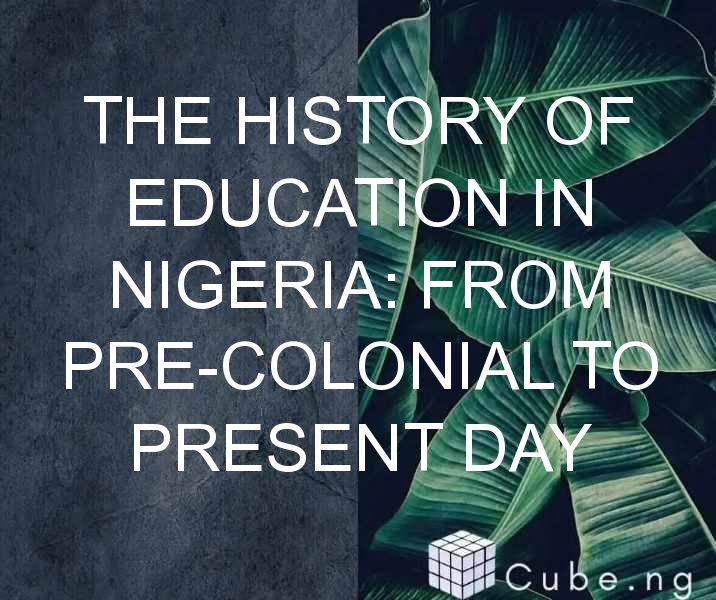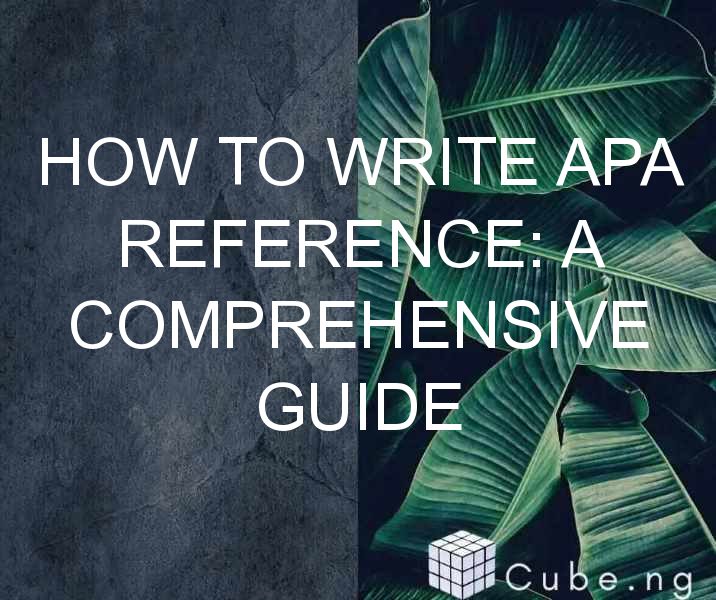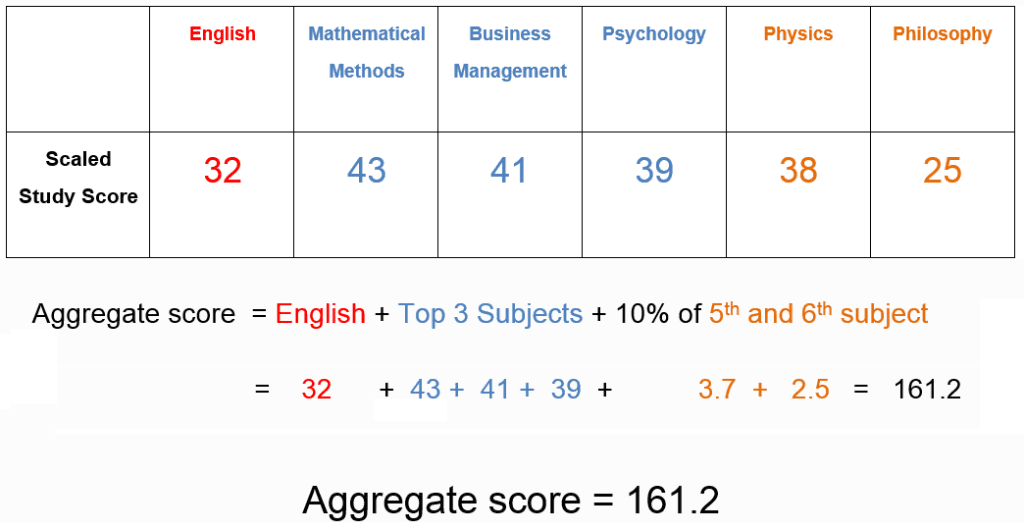Education is an essential aspect of any society, and Nigeria is no exception. The country has a rich history of education that dates back to pre-colonial times. However, the formal education system that we know today has undergone significant changes over the years.
This article explores the history of education in Nigeria, from pre-colonial to present-day, highlighting the challenges, achievements, and future prospects.
Table of Contents
Pre-Colonial Education in Nigeria
Nigeria was home to various indigenous groups, each with its unique culture, beliefs, and educational practices. Pre-colonial education in Nigeria was primarily informal, with knowledge passed down from generation to generation through oral traditions. Children learned about their culture, history, and values through storytelling, songs, proverbs, and dances.
In addition to informal education, some communities had formal schools where children learned the basics of reading, writing, and arithmetic. These schools were usually run by religious leaders, and the curriculum focused on religious teachings, moral values, and practical skills.
Colonial Education in Nigeria
The arrival of the British in Nigeria in the 19th century brought about significant changes in the education system. The British colonial government was keen on introducing formal education to Nigeria, not only to spread Christianity but also to train a new class of Africans to serve in the colonial administration.
The colonial government established mission schools, which were run by Christian missionaries, and government schools, which were run by the colonial administration. The curriculum was heavily influenced by the British education system and focused on English language, mathematics, science, and history.
The colonial education system was criticized for its narrow curriculum, which did not reflect the local context and culture. Moreover, the education system was discriminatory, as only a few Nigerians had access to formal education. The system favored the elites and the educated few, and the majority of Nigerians, especially women, were left out.
Post-Independence Education in Nigeria
Nigeria gained independence from British colonial rule in 1960, and the country's education system underwent significant changes. The new government was committed to providing access to education for all Nigerians, regardless of social class, gender, or religion.
The government introduced free primary education in 1976, which led to a significant increase in enrollment. The government also established more universities and polytechnics, and the number of students enrolled in tertiary institutions increased significantly.
However, the quality of education was affected by factors such as inadequate funding, poor infrastructure, and strikes by teachers and students. The education system was also plagued by corruption, where admission into universities and other institutions was based on connections and bribery rather than merit.
Education in Present-Day Nigeria
Present-day Nigeria has a diverse education system, comprising public and private schools, primary, secondary, tertiary, and vocational institutions. The government is committed to providing access to education for all Nigerians and has introduced policies to improve the quality of education.
One of the significant challenges facing the education system in Nigeria is the quality of education. Many schools lack qualified teachers, adequate infrastructure, and teaching materials. The government has introduced policies to address these challenges, such as the teacher education program and the universal basic education program.
Another challenge facing the education system is the issue of access. While access to education has improved significantly over the years, there are still children who are out of school, especially in rural areas. The government has introduced policies to address this challenge, such as the girl-child education initiative and the Almajiri education program.
Conclusion
The history of education in Nigeria has been characterized by significant changes and challenges, from pre-colonial to present-day. The education system has undergone transformation, from informal to formal, discriminatory to inclusive, and narrow to diversified. While the government has made efforts to improve the education system, there is still a long way to go. The education system needs more funding, qualified teachers, and adequate infrastructure to provide quality education for all Nigerians.
FAQs:
What was the role of missionaries in the colonial education system in Nigeria?
- The missionaries played a significant role in the colonial education system in Nigeria. They established mission schools, which were used to spread Christianity and train a new class of Africans to serve in the colonial administration.
What are the challenges facing the education system in Nigeria?
- The challenges facing the education system in Nigeria include inadequate funding, poor infrastructure, lack of qualified teachers, corruption, and the issue of access.
Has the government made efforts to address the challenges facing the education system in Nigeria?
- Yes, the government has made efforts to address the challenges facing the education system in Nigeria. The government has introduced policies such as the teacher education program, universal basic education program, girl-child education initiative, and Almajiri education program.
What is the future of education in Nigeria?
- The future of education in Nigeria is promising, as the government is committed to providing quality education for all Nigerians. However, there is still a need for more funding, qualified teachers, and adequate infrastructure to achieve this goal.
What is the role of education in Nigeria's development?
- Education plays a crucial role in Nigeria's development, as it equips individuals with the skills and knowledge needed to contribute to the country's economic, social, and political development. Education also promotes social mobility, reduces poverty, and enhances individual and national well-being.




